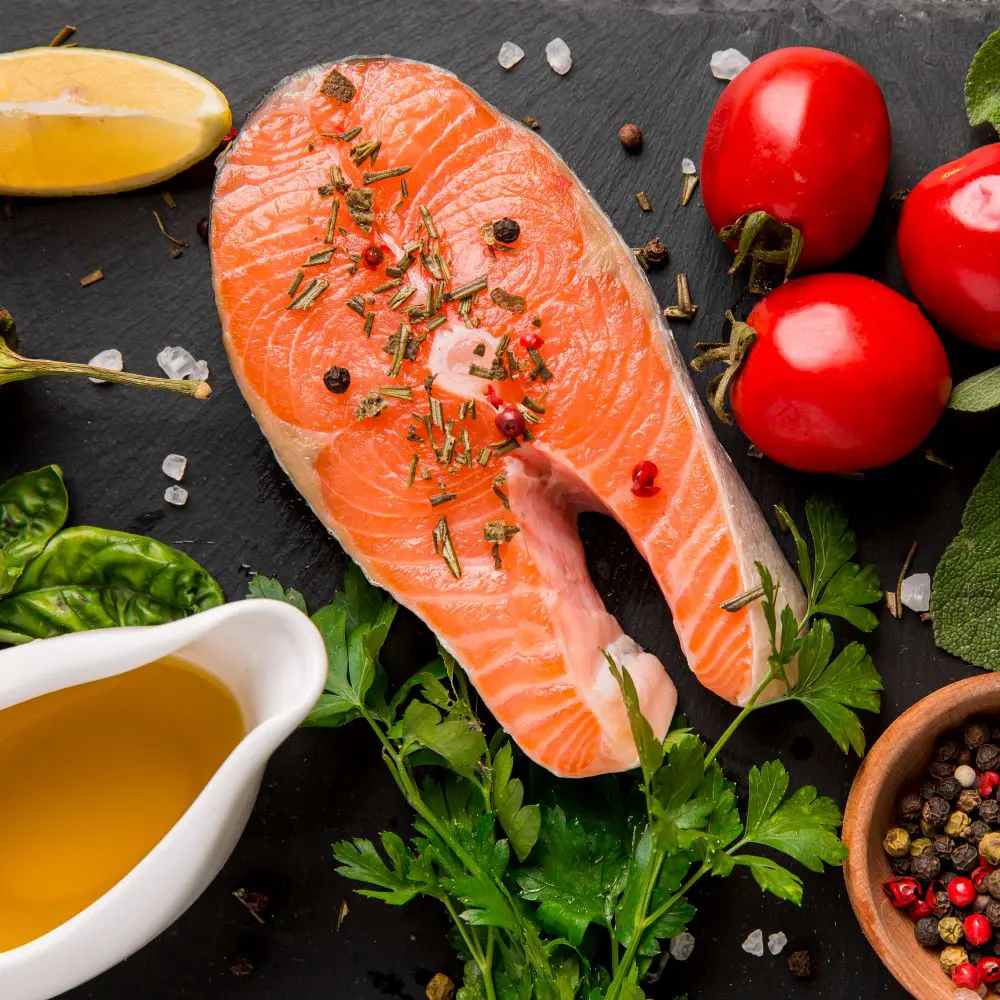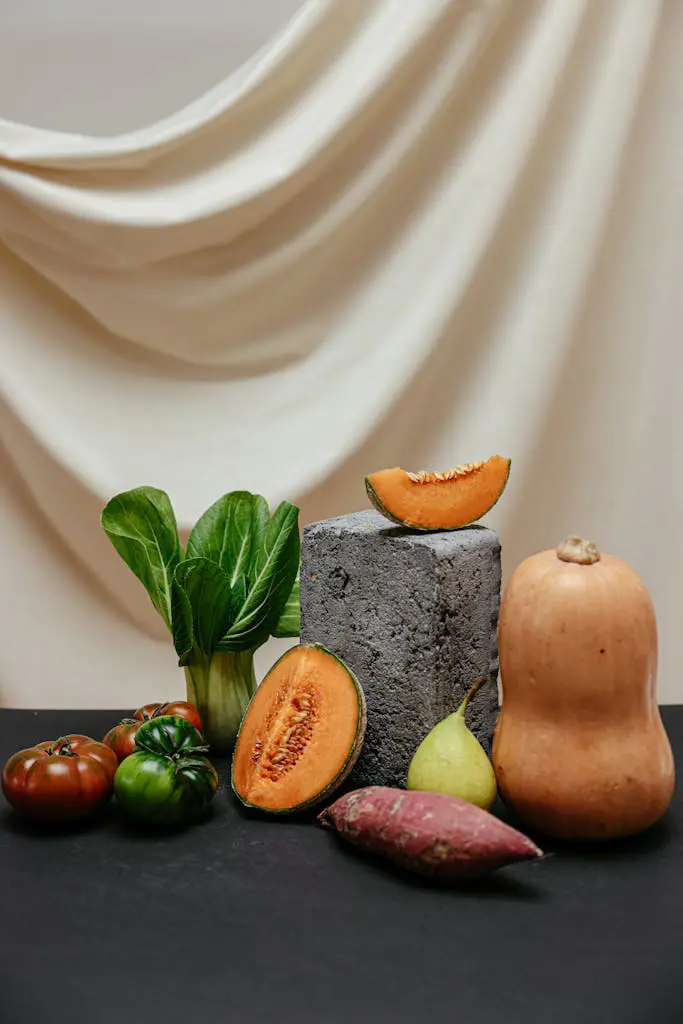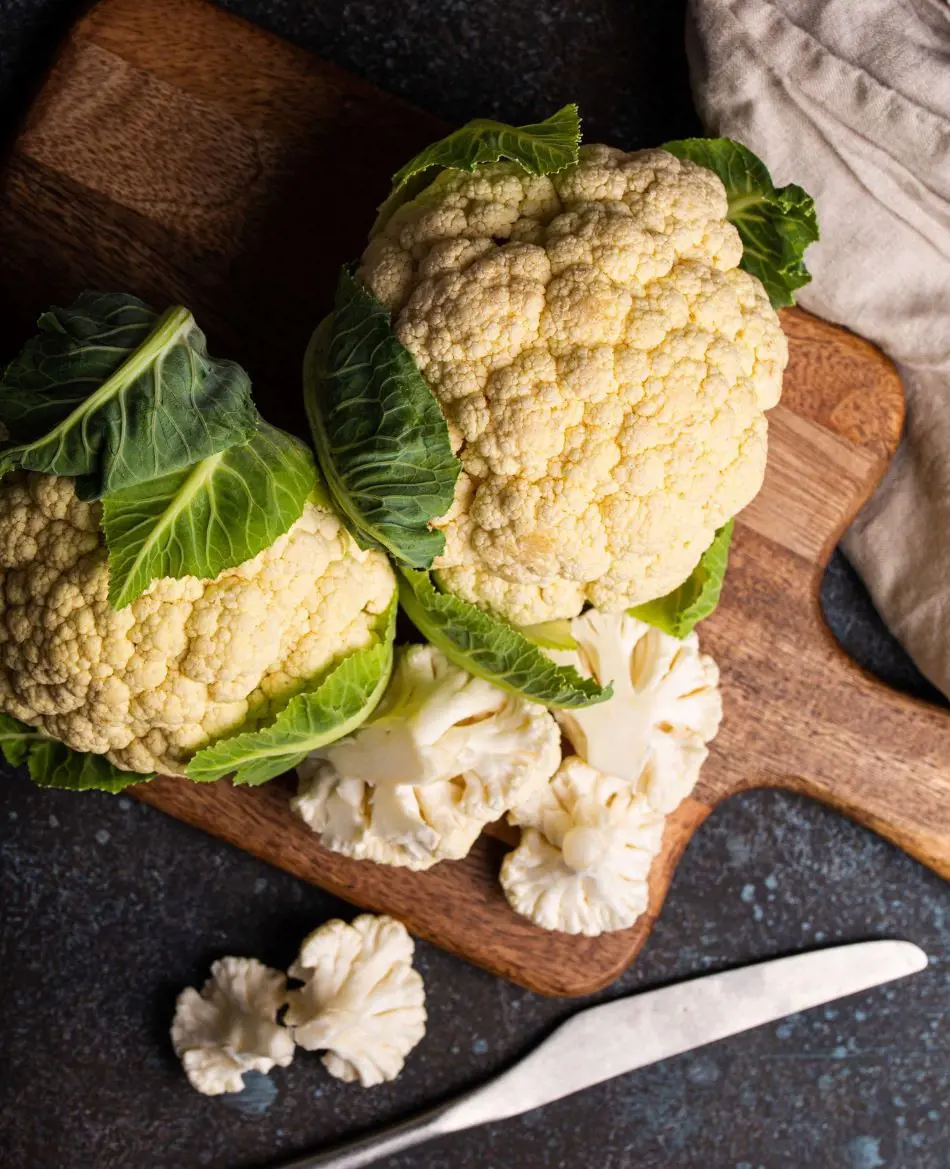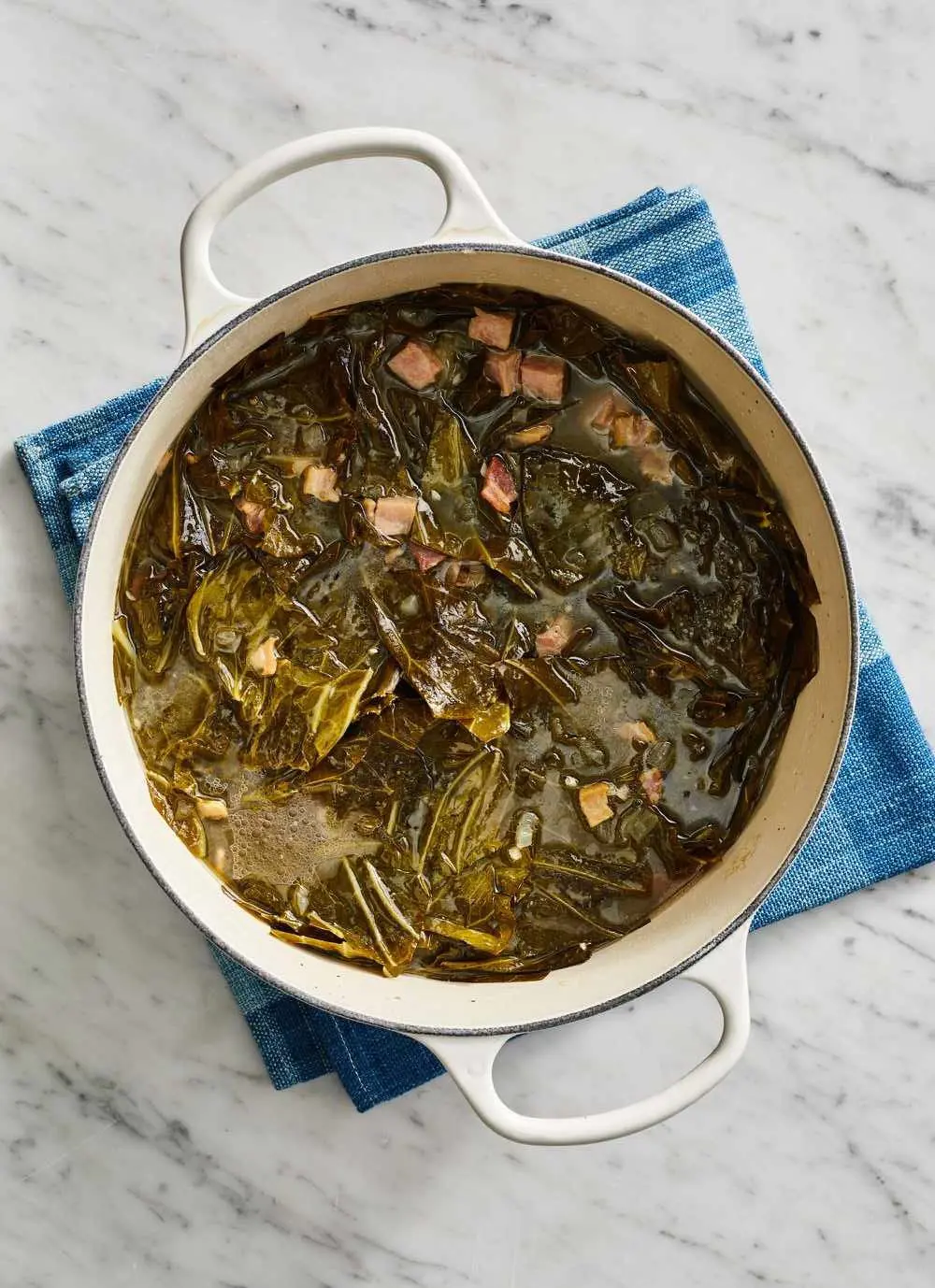15 Alkaline Foods To Include In Your Diet
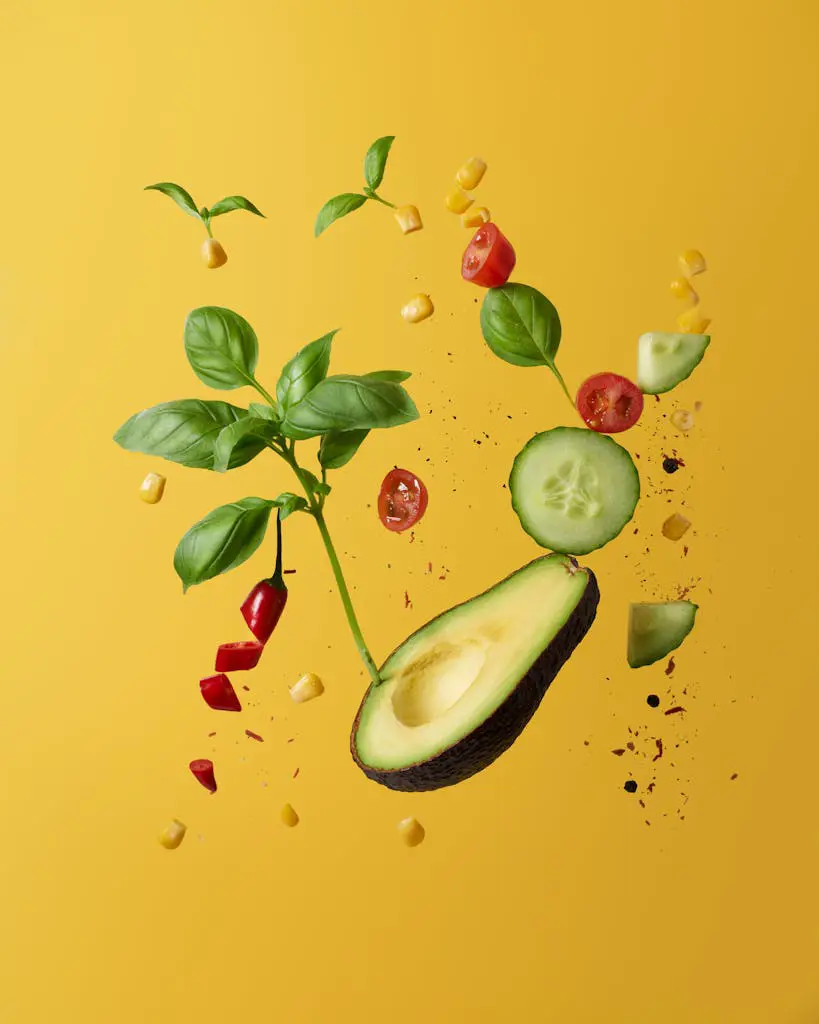
Maintaining an alkaline diet has numerous health benefits, including increased energy levels, better digestion, and a reduced risk of chronic diseases. Eating alkaline foods in your meals can help balance your body's pH levels.
Some excellent choices include leafy greens like spinach and kale, cruciferous veggies like broccoli and cauliflower, and certain fruits and herbs.
1. Avocados
Avocados are renowned as alkaline-forming foods that can promote an alkaline environment in the body. They boast an abundance of alkaline minerals like potassium, magnesium, and calcium, which help neutralize acids.
Avocados are relatively low in acidic components and have a slightly alkaline pH value between 6.3 and 6.6.
Their monounsaturated fats are easily metabolized without leaving an acidic residue. Including avocados, along with a variety of other alkaline-promoting fruits, vegetables, and plant-based foods, can contribute to maintaining a balanced pH level and overall well-being.
2. Lemons

Despite their tangy and acidic taste, lemons are on the top food list alkaline diet consumers have. These tangy balls are rich in citric acid, which gets metabolized into alkaline citrates that help neutralize acidity.
They also contain alkaline minerals like potassium, calcium, and magnesium, further contributing to their alkalizing effects. The citric acid in lemons aids in breaking down and flushing out acidic compounds from the body.
Consuming freshly squeezed lemon juice, especially with warm water in the morning, is a popular way to start the day with an alkaline boost and support overall pH balance.
3. Spinach
Spinach is highly regarded as an alkaline-forming food due to its impressive nutritional profile. This leafy green vegetable is packed with alkaline minerals like potassium, magnesium, and calcium, which help neutralize acids in the body. Spinach is also rich in alkalizing chlorophyll, the compound that gives it its vibrant green color.
Additionally, spinach contains very little acid-forming components like sulfur, phosphorus, and chlorine. For those looking for foods for an alkaline diet, consuming spinach, whether in salads, smoothies, or cooked dishes, can contribute to maintaining optimal pH balance.
4. Almonds
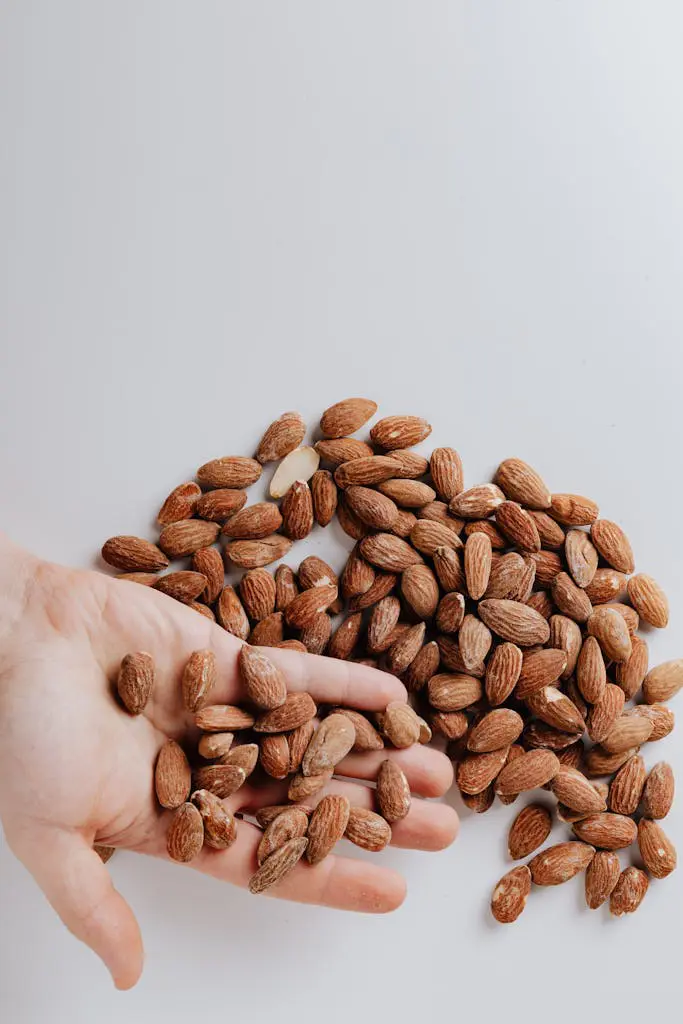
Having almonds daily can help maintain a balanced pH level in the body. These nutrient-dense nuts are a good source of alkaline minerals like calcium, magnesium, and potassium, which counteract the effects of acidic compounds.
Almonds also contain very few acid-forming components like sulfur and phosphorus. When its metabolized, almonds leave an alkaline ash or residue, contributing to an alkaline environment within the body. Furthermore, the healthy fats and protein in almonds are easily digested and do not produce acidic by-products.
5. Quinoa
It is abundant in alkaline minerals like magnesium, potassium, and calcium, which help neutralize acids in the body. Quinoa is also a good source of alkalizing compounds like fiber and antioxidants. Unlike many grains, quinoa is relatively low in acid-forming components like sulfur and phosphorus.
When metabolized, quinoa leaves an alkaline ash or residue, fostering an alkaline internal environment. Additionally, quinoa is gluten-free and easily digestible, making it a versatile and healthy choice for diet.
6. Broccoli
This cruciferous veggie isn't just a boring green - it's practically a nutritional superhero working overtime to keep your body balanced, alkaline bliss. Broccoli is loaded with alkaline minerals like calcium, potassium, and magnesium, ready to neutralize those pesky acids.
But wait, there's more! It's got sulforaphane, a compound that's an antioxidant and anti-inflammatory pro, adding an extra alkalizing boost. The best part? Broccoli is low in acid-promoting stuff like sulfur and phosphorus.
7. Cucumbers
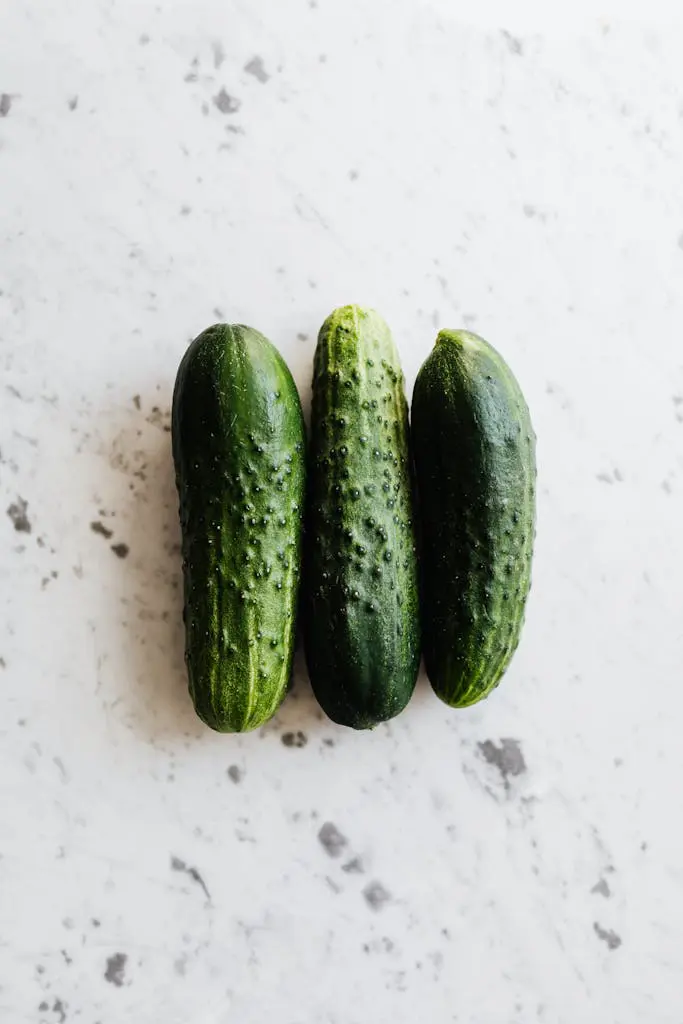
Cucumbers are nutritious veggies prized for their potassium and vitamin K content. They also provide folic acid, vital for heart and brain wellbeing. Potassium, an alkaline mineral, makes cucumbers alkalizing foods that aid weight management.
With their impressive water levels, cucumbers promote hydration and toxin removal from the body.
These dual actions of replenishing fluids and cleansing the system are pivotal for overall wellness. Thus, frequently incorporating these crisp, refreshing cucumbers into your diet is a smart choice for maintaining good health.
8. Beetroots
Another alkalizing food is the vibrant beetroot. Consuming beetroot juice daily offers numerous health advantages. It acts as a purifying elixir, promoting physical and mental well-being.
Beetroots are a rare source of betalain, a valuable phytonutrient. Packed with both soluble and insoluble fiber, they nurture beneficial gut bacteria, reduce elevated cholesterol levels, and mitigate the risk of heart disease and bowel cancer. Adding this ruby-hued superfood into your routine can be a nourishing and protective choice.
9. Bananas

This low-acid, alkaline diet fruits can soothe an irritated esophageal lining by neutralizing stomach acid. Not only are bananas alkalizing, but they're also abundant in pectin - a soluble fiber that promotes smooth digestive flow.
Bananas' high potassium and low protein content contribute to their alkaline-forming effect on the body after metabolism. Ripe, yellow bananas are more alkaline than their unripe, green counterparts. As bananas mature, their pH levels rise from mildly acidic when green to highly alkaline when fully ripe and yellow.
10. Cauliflower
Cauliflower is one of the foods on the alkaline list that can foster an alkaline bodily environment after digestion and metabolism. With a mildly alkaline pH typically ranging from 7.0 to 7.5, this cruciferous veggie abounds in alkaline-promoting minerals like potassium, magnesium, and calcium, which help neutralize acidic compounds.
Furthermore, cauliflower is a commendable source of dietary fiber, aiding in maintaining a healthy digestive system and promoting alkalinity within the body. It also provides essential vitamins such as vitamins C and K, and antioxidants that support immune function and overall health.
11. Ginger
Ginger is an alkaline diet that helps neutralize and eliminate acids, fostering a more alkaline pH balance. Beyond its alkalizing effects, ginger harbors compounds like gingerol and shogaol, which possess anti-inflammatory properties.
Inflammation is often linked to an acidic bodily state, and ginger's anti-inflammatory action can help mitigate this acidity. Known for aiding digestion, ginger can also help neutralize stomach acids, contributing to an alkaline internal environment.
12. Apples
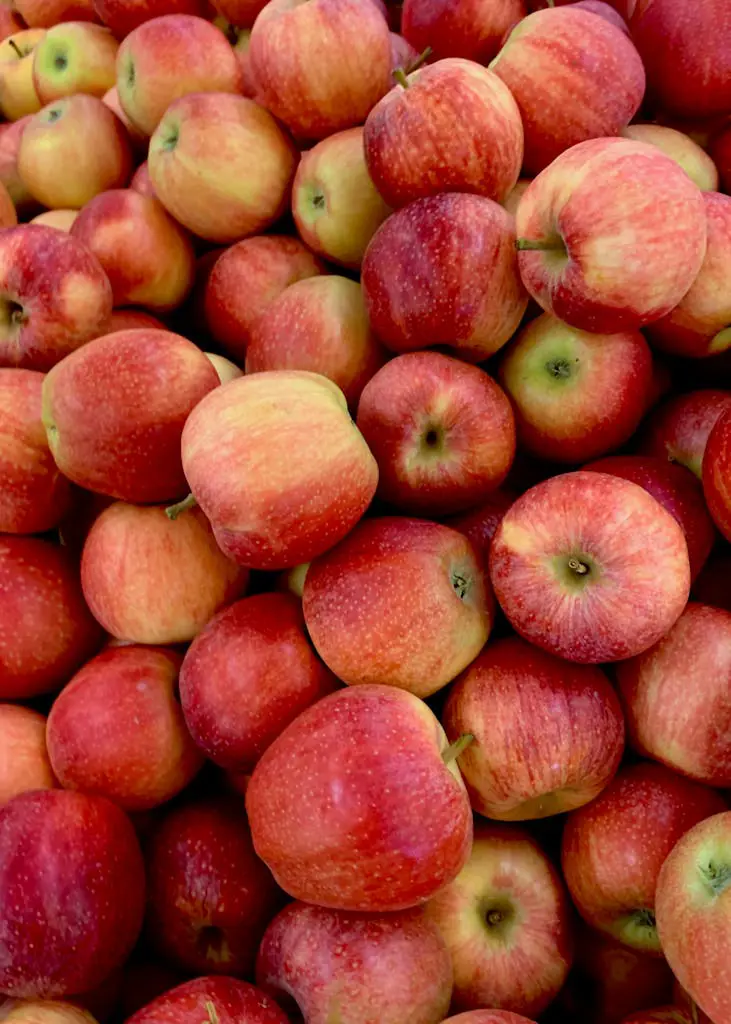
While apples have an acidic pH of 3.5-4, their nutrient composition renders them alkalizing after metabolism. Apples are abundant in alkalizing minerals like potassium, calcium, and magnesium.
These alkaline mineral compounds help neutralize bodily acids. The malic acid and other nutrients in apples undergo metabolic processes that ultimately produce alkaline bicarbonate once broken down. Some nutritionists deem apples mildly alkaline-forming, while others consider them more strongly alkalizing.
13. Sweet Potatoes
Sweet potatoes are an alkaline eating diet, replete with dietary fiber and potassium. These root vegetables also provide polyphenols and heat-resistant vitamin C. Though considered calorie-dense, a 100g serving of baked sweet potato contains roughly the same calories as an equal portion of white rice.
Highly nutritious and satiating in small amounts, sweet potatoes are recommended for weight management. Their natural sweetness lends well to preparations like deep-frying, boiling, or enjoying as a wholesome snack.
14. Herbal Teas

Most herbal infusions, green tea, rooibos, and yerba mate exert an alkalizing effect, helping neutralize bodily acidity. Once digested and assimilated, these alkaline teas work to elevate the body's pH level.
The pH scale classifies acidity levels. A higher pH denotes greater alkalinity, while a lower pH signifies higher acidity. So, next time you're looking for foods for an alkaline diet, consider drinking herbal teas. The scale ranges from 0 to 14, with 7 being neutral.
15. Himalayan Pink Salt
Pink Himalayan salt is mined similarly to rock salt but is technically considered sea salt. Salt is a nutrient that plays an important role in maintaining human health. Pink Himalayan sea salt, with its rich mineral content, can help balance your body’s pH levels.
When your pH is balanced with a healthy ratio of acidity to alkalinity, it significantly improves your overall health. Maintaining a proper pH level supports your immune system and promotes good digestion.
If you're looking for answers about what foods are alkaline foods? Try Himalayan sea salt containing sodium and other electrolytes, it directly influences the pH of your blood.
Recent posts
Nutrition
Nutrition
Licorice Root: Benefits And Uses
You can spell it liquorice or licorice; this herb or root has been in use for centuries in most medicinal applications, as a natural sweetener and to enhance flavors. Regarding its origins, it comes from the root of the "Glycyrrhiza galbre" plant and...
Nutrition
Is Salmon Good For You? Nutritional Facts and Benefits
Salmon fish is a staple diet throughout the world, popular as a super food for its nutrients. Whether savored in sushi, poached, grilled, roasted, or pan-fried, salmon offers minerals and vitamins that contribute to healthy bodily functions. In addit...
Nutrition
25 Smoked Salmon Recipes That You Will Enjoy
Salmon is a silver-colored fish that is loaded with many nutrients, vitamins, and omega-3 fatty acids. Smoked Salmon is better for improving your health and reducing the risk of cancer, heart-related diseases, fights inflammation, reduces anxiety and...
Nutrition
Are Sausages Healthy? Nutrition And Health Benefits
Sausages are tasty in an addictive way, making them one of the most popular foods worldwide. You may have enjoyed this convenient food often, whether on a bun with mustard or grilled on a barbecue, the simple preparation methods are what makes its co...
Nutrition
20 Vegetables That Are Rich In Iron
Iron is essential for our bodies to function well. When we don't get enough iron, we often feel weak and tired. It's important to address iron deficiency early by eating the right foods. Fortunately, many vegetables are rich in iron and can help prev...
Nutrition
15 Cauliflower Nutrition Facts And Health Benefits
Cauliflower, a cruciferous vegetable, resembles a white variation of its relative, broccoli. Like broccoli, it has closely bunched florets attached to a thick core, often surrounded by a few leaves. While white is the most common color, cauliflower i...


